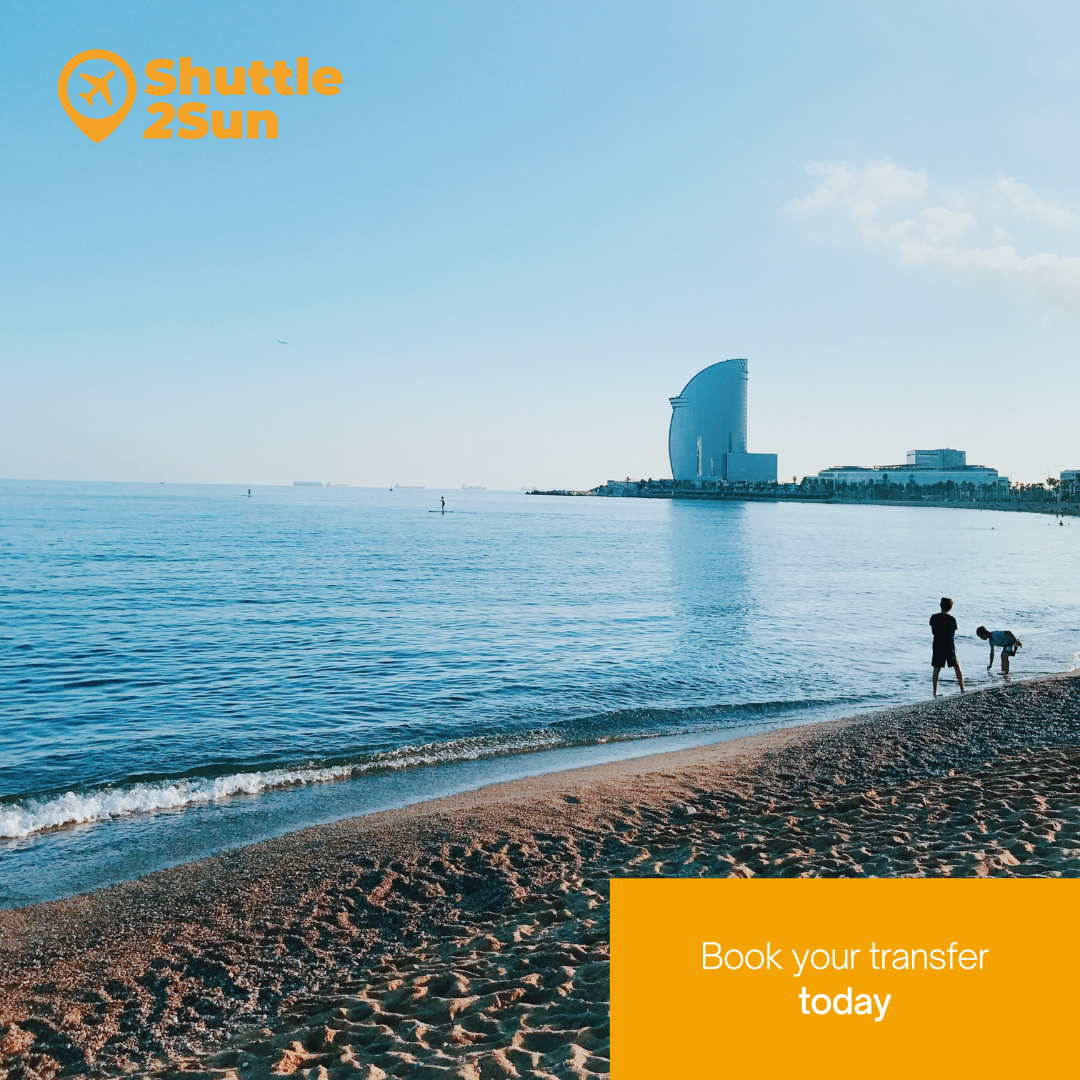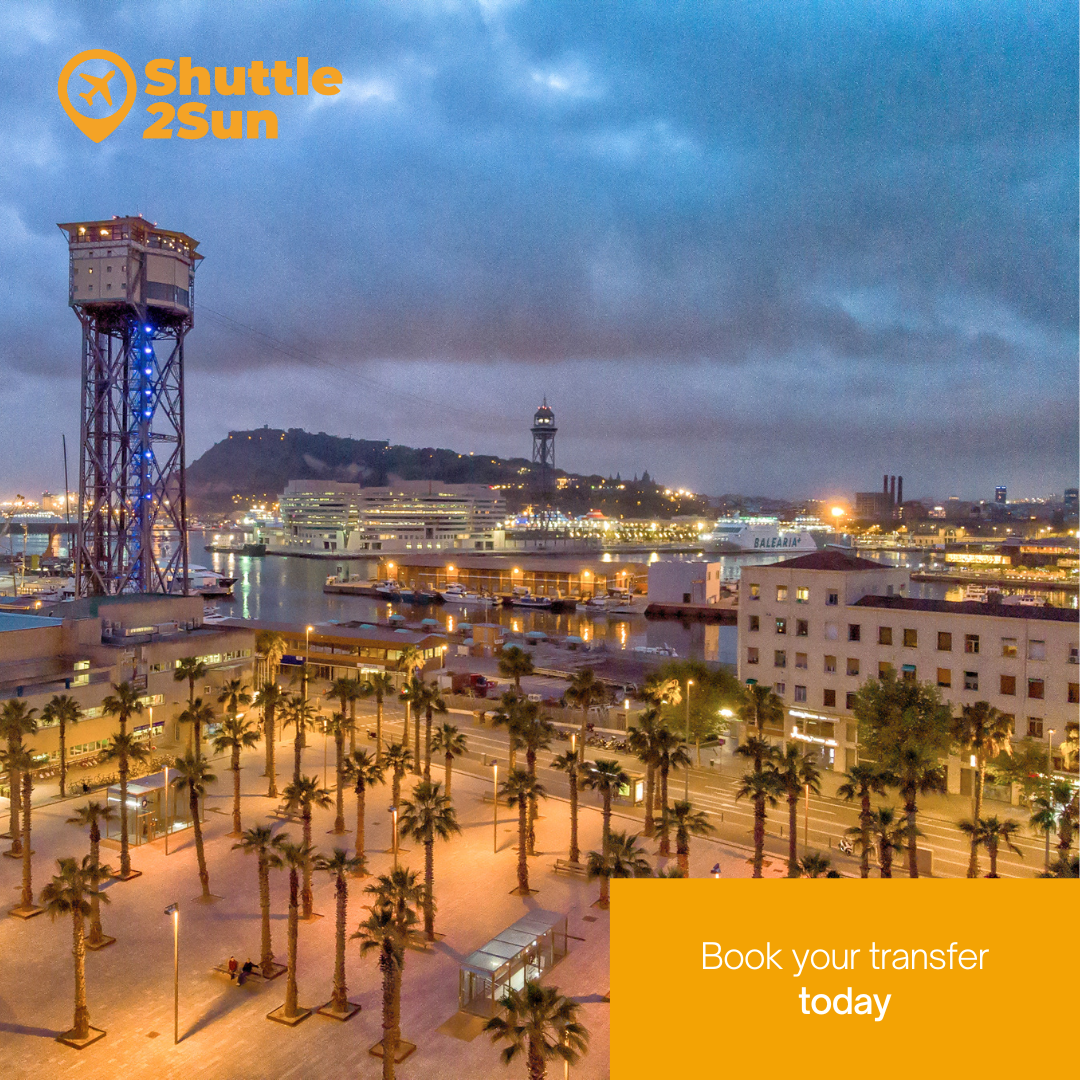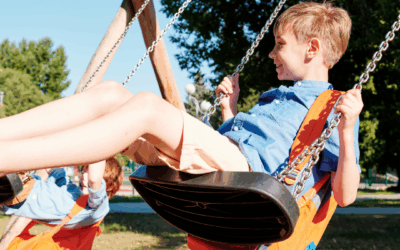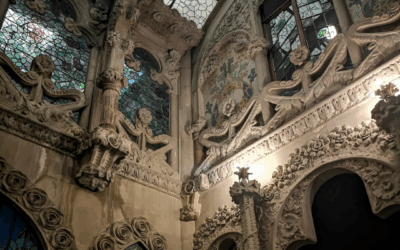Barcelona has become one of the world’s leading tourist cities par excellence and the leader in overnight stays compared to other Spanish destinations. Millions of visitors land in Barcelona to discover the historical and cultural heritage of the Catalan capital today, but how did Barcelona become one of the world’s economic powers? We explain it in this publication.
One of the key moments in the evolution of Barcelona was the Olympic Games, held in 1992. If you want to see, first-hand, the mark left by the last decades in Barcelona, we recommend that you travel with Shuttle2Sun‘s shared transfer services and private transfer services, low-cost and sustainable, available from Barcelona Airport, Barcelona Port, Reus Airport, Girona Airport and Camp de Tarragona AVE train station. Now you can book your transfer up to 24 hours in advance.
Barcelona’92, an Olympic Games to remember
The Barcelona’92 Olympic Games not only marked a before and after in the city’s economy and urban planning, but also on an international level. They also coincided with very important historical milestones, such as the fall of the Berlin Wall in 1989, the end of the Soviet Union, and the abolition of the Apartheid system of racial segregation, in force until 1992, in South Africa and Namibia.
After three successive attempts in which Barcelona presented its candidature to organise this great sporting event, in 1924, 1936 and 1940, it was not until 1986 that it managed to position itself first in the ranking of cities bidding to host the new 1992 edition, ahead of Paris, Brisbane and Belgrade.
From the 25th of July to the 9th of August 1992, up to 9,356 athletes gathered in the Barcelona metropolitan area, of whom 2,704 were women and 6,652 men, divided between 169 teams, who took part in up to 257 events in 25 different official sports.
This edition was a complete overhaul of the Games as they were known until now, with the addition of new medal sports such as baseball, badminton and women’s judo, and the revival of slalom canoeing. Some of the athletes who stood out during those two weeks were the Catalan Carlos Font, becoming the youngest to compete, at just 11 years of age, since 1900; the “Dream Team”, formed by Magic Johnson, Michael Jordan and Larry Bird; and the Belarusian gymnast Vitaly Scherbo; among many others.

It is worth mentioning that in Barcelona’92 Spain won the highest number of medals in its history, a total of 22, of which 13 were gold, 7 silver and 2 bronze.
Remember that you have at your disposal Shuttle2Sun‘s shared transfer services and private transfer services, low-cost and sustainable, to get to Barcelona, from Barcelona airport, Barcelona port, Reus airport, Girona airport and Camp de Tarragona AVE train station.
Economic growth and urban transformation of Barcelona
From the moment Barcelona was proclaimed the new host city for the Olympic Games, the capital began a countdown to prepare all its existing facilities and to build new ones, to successfully meet its desire to organise this celebration. And so it was, a triumph for Barcelona as well as for Spain. Barcelona experienced significant economic growth, with a total impact of more than 18 billion euros.
The facilities that were created during these previous years have been reconverted into spaces of great use today, such as, for example, the Palau Sant Jordi, the National Institute of Physical Education of Catalonia (INEFC), the Olympic Canal of Catalonia, the Picornell Swimming Pools and the España Industrial Park.
In addition, the economic return from the Games enabled the implementation of urban development projects that were already under preparation. They served not only to cope with this macro event, but also to transform the city and modernise it, based on the new needs of the population, opening it up to the world.

La Barceloneta and the Olympic port, a before and after for the maritime façade
One of the projects implemented during these years was the transformation of Barcelona’s seafront, remodelling Barceloneta beach and its surroundings and building the Olympic port.
Barceloneta beach, named after the fishermen’s neighbourhood at its foot, is one of the oldest beaches in Barcelona, having existed since the 15th century.
Even so, the beach, as we know it today, has undergone a major change because of the modernisation of Barcelona’s coastline.
With the arrival of the Olympic Games, the entire promenade was repaired, after the industrialisation of the 19th century, which filled all the streets of the neighbourhood with factories.
The aim was to open up the sea to the population, once again linking the fishing district with the sea. If you want to discover this area in depth, don’t miss our article “Discover Barceloneta beach“.
On the other hand, another of the great infrastructures that were built before Barcelona’92 was the Olympic Port, built for the sailing competitions. Today, it hosts many competitions and nautical sports.
This sports area is located next to the Vila Olímpica neighbourhood, which was also built in the 1990s to serve as a residence for the thousands of athletes who travelled to Barcelona to take part in the Olympic Games. Today, it is one of the busiest leisure areas in the capital.
Expansion of Barcelona Airport
Barcelona-El Prat Airport was another key element in the transformation of the city with the arrival of the Olympic Games. To cope with the excessive increase in arrivals and departures to and from Barcelona, both athletes and visitors, the infrastructure had to be remodelled, including a new services building, extending the existing terminal and building two new terminals, A and C. If you want to know more about this aerodrome, don’t miss our article “8 curiosities about Barcelona-El Prat Airport”.
Take a stroll along Barcelona’s seafront and discover all the facilities that played a starring role in the Barcelona’92 Olympic Games. Remember that with Shuttle2Sun‘s shared transfer services and private transfer services, low-cost and sustainable, you can travel to Barcelona from Barcelona airport, Barcelona port, Reus airport, Girona airport and Camp de Tarragona AVE train station. Now you can book your transfer up to 24 hours in advance.



